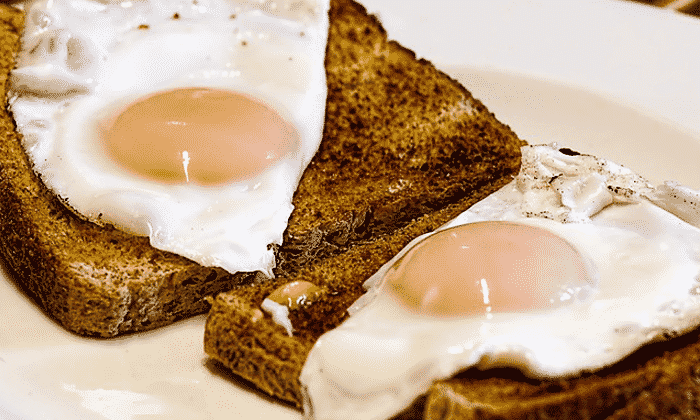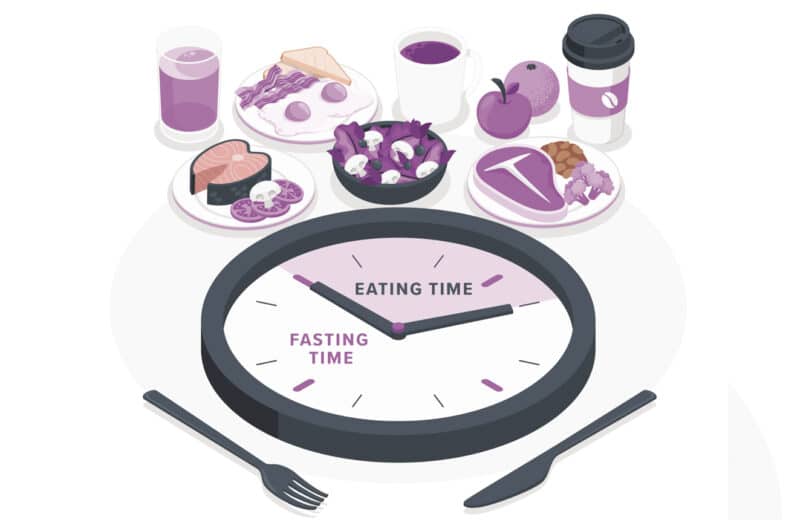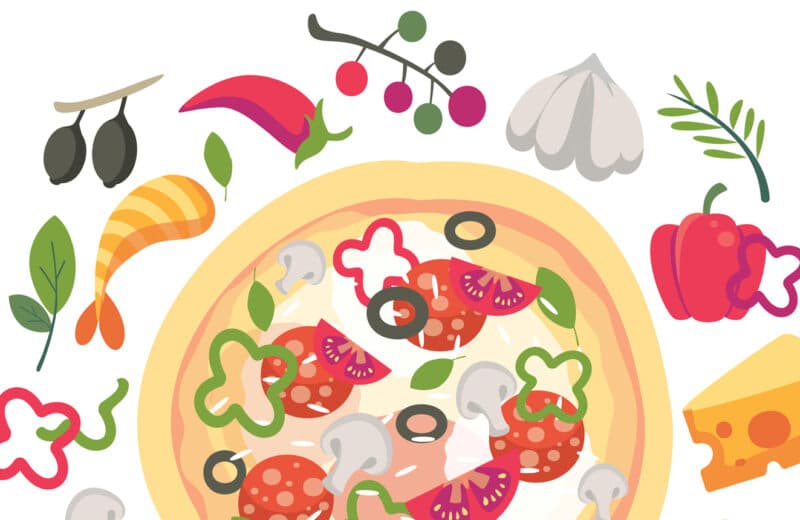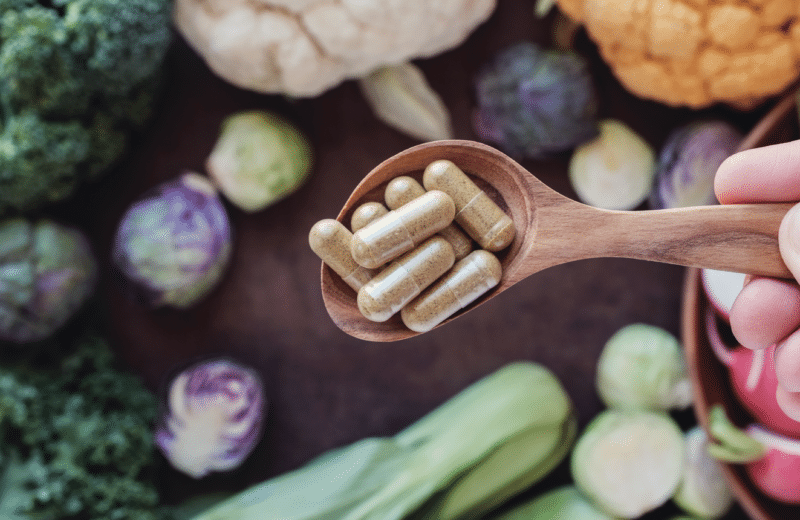By Shaun Dreisbach, EatingWell.com
It turns out cholesterol is way more complex than experts originally thought. And diet is only part of the picture. A recent study published in the Journal of the Academy of Nutrition and Dietetics that compared high- and low-fat diets found that eating the low-fat diet didn’t have a significant impact on blood cholesterol levels.
So what arguably plays a bigger role? Things like weight, age and genetics.
Here are some tips on how to keep some of the key new discoveries straight:
1. Exercise is good for your heart in more ways than one. Regular aerobic workouts–we’re talking moderate intensity like a brisk walk, nothing crazy—can increase HDL levels by nearly 25 percent in three months.
Why that matters: This “good” type of cholesterol grabs on to unhealthy cholesterols and ferries them to the liver, which breaks them down and clears them from your system. HDL also helps with blood-vessel health and prevents plaque buildup. So get moving, already! Your exercise Rx: 30 minutes most days of the week.
2. That white bagel may be worse for you than the cream cheese on top. You thought the saturated fat in the cream cheese was the main problem, but a growing body of evidence suggests that highly processed carbs may put you at even greater risk for heart disease.
How? Your body rips through them so quickly that your blood sugar and insulin levels climb, then plummet. Eat a lot of these types of foods and all that roller-coastering bumps up levels of free fatty acids in your blood that, in turn, increase inflammation in the body, damage blood vessels and jack up your cholesterol. Minimally-processed carbs like steel-cut oatmeal (a better pick than that bagel) don’t have this effect.
3. Dietary cholesterol and blood cholesterol are two different things. In other words, just because you eat foods high in cholesterol (such as shrimp and eggs) doesn’t mean your blood cholesterol levels will go through the roof. What actually raises your cholesterol are processed carbs, saturated and trans fats—with trans fat being the real enemy.
4. Diet affects some people more than others. Apolipoprotein E (or ApoE) is a protein in the blood that ferries cholesterol and triglycerides to the liver, which metabolizes and disposes of them. That’s a good thing. But having particular genetic variants of ApoE can prevent your body from metabolizing fats and carbs properly and predispose you to high cholesterol and heart disease, as well as diabetes and Alzheimer’s disease.
So if your diet is less than stellar—particularly in terms of trans fat and carbs (an excess of which gets converted to cholesterol)—your cholesterol levels could quickly become unhealthy.
Your doctor might order an ApoE blood test if you have a family history of heart disease or if your cholesterol and triglyceride levels are high. Knowing what exact variants you have can help identify the most effective treatments—be it altering your diet, exercising, adding medication—to help bring your cholesterol down to a healthy level.
5. Your estimated heart disease risk may be different than it was a year ago. Docs used to use your total cholesterol and HDL levels to determine your odds of developing cardiovascular disease. No more.
In fall 2013, the American College of Cardiology and American Heart Association released a new risk calculator with updated data on how factors like blood pressure, age and whether you smoke affect your 10-year and lifetime odds of developing the disease–and whether you should be prescribed statins. Go to heart.org to get a preview, and see your doctor for a detailed assessment.
(EatingWell is a magazine and website devoted to healthy eating as a way of life. Online at www.eatingwell.com.)













